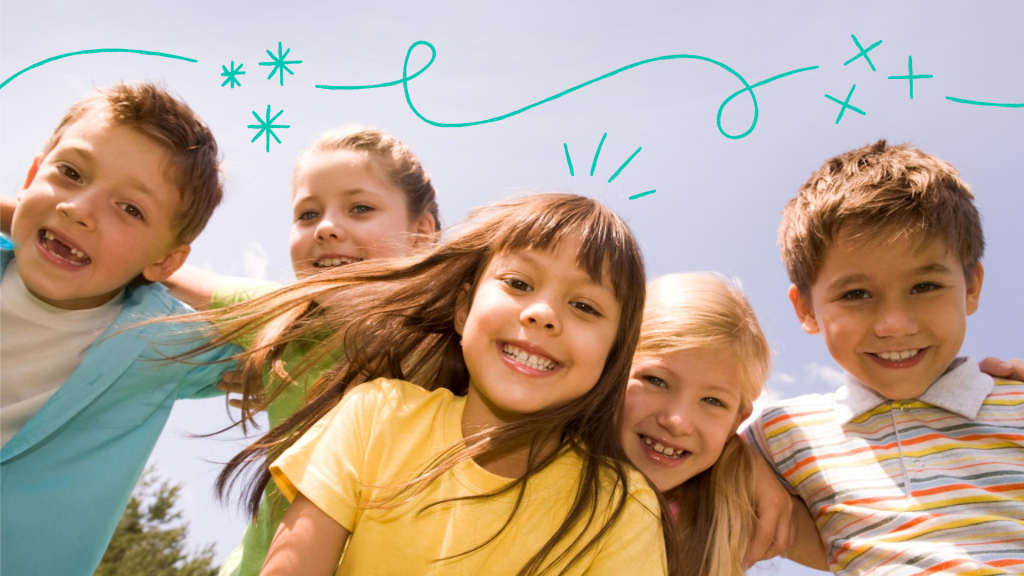
- 2 mins
5 Tips for Appreciating Differences

Children are naturally curious, and this is wonderful. We have the fantastic job of helping them explore and learn in this exciting world. I often look at how babies are mesmerized by a simple leaf falling or a game of “peekaboo”. Everything is new and different. As we grow, when we are learning about a new topic we often ask questions. Through gathering answers and critical thinking, it becomes knowledge.
How can we use this learning strategy to help teach our kids to celebrate different body types? Our children are curious about differences. It’s our job to help them see these differences in a positive light.
If you have a friend or family member with a disability, you can ask your child what they like about that person. You can explain that everyone is different, which makes us all so unique. Your child might ask you questions about their disability. You can help them phrase these questions in ways that focus on knowledge and less on comparing oneself with another. You can also do this by looking at diversity advocates. Emily Ladau is a disability advocate who strives to demystify disability.
We can be critical of our own bodies, and our children are listening. They notice what we say and do and sometimes internalize this. If we are kinder to ourselves and speak positively about our bodies, it helps children learn to do the same.
My body type might not be ideal for long-distance running, but it is well suited for scuba diving. If I look at what I am interested in (which is anything to do with animals and water), and I combine that with my body type, I can find a lifelong hobby, or in some cases a career! You can do this with your child! Help them figure out what they like, what they are naturally good at, and how to find extramural activities to fit in with their interests. Focusing on healthy and enjoyable activities versus their actual weight or body type will help them become comfortable with their body.
Teaching your child about being kind, loving, and caring can foster the belief that how we respond to a person is not based on what they look like. It might be helpful to affirm your child’s actions by saying “That was kind” or “What a caring thing to say”. We can focus more on the importance of empathy than on our own or others’ physical appearance.
In today’s world of social platforms that showcase stunning photos and destinations, it is pretty natural to feel a little self-conscious if our lives or bodies are less filtered. This tells us that we should focus more on the positives of being us. We can create a little “affirmation station” book with our children where we note at least one great thing about ourselves and our family members each night. It can be a bedtime routine or during dinner, when we appreciate and celebrate each other.
If you work on celebrating different body types, let others know about this too. Discuss this focus on a body-positive image with your partner. If your child goes to school, discuss it with their teacher too. According to Bray et al. (2018), to create a body-confident culture and promote a positive body image in children, the children’s schools and families need to be consistent in the strategies used and way of speaking to the children.
A simple “reframe and restructure” can support our children in looking at their bodies more positively. For example, instead of saying “You’re not as tall as Suzie,” we can reframe and restructure the statement to “You are just the right height to give Suzie a hug”.
Bray, I., Slater, A., Lewis-Smith, H., Bird, E., & Sabey, A. (2018). Promoting positive body image and tackling overweight/obesity in children and adolescents: A combined health psychology and public health approach. Preventive Medicine, 116, 219–221. doi: 10.1016/j.ypmed.2018.08.011